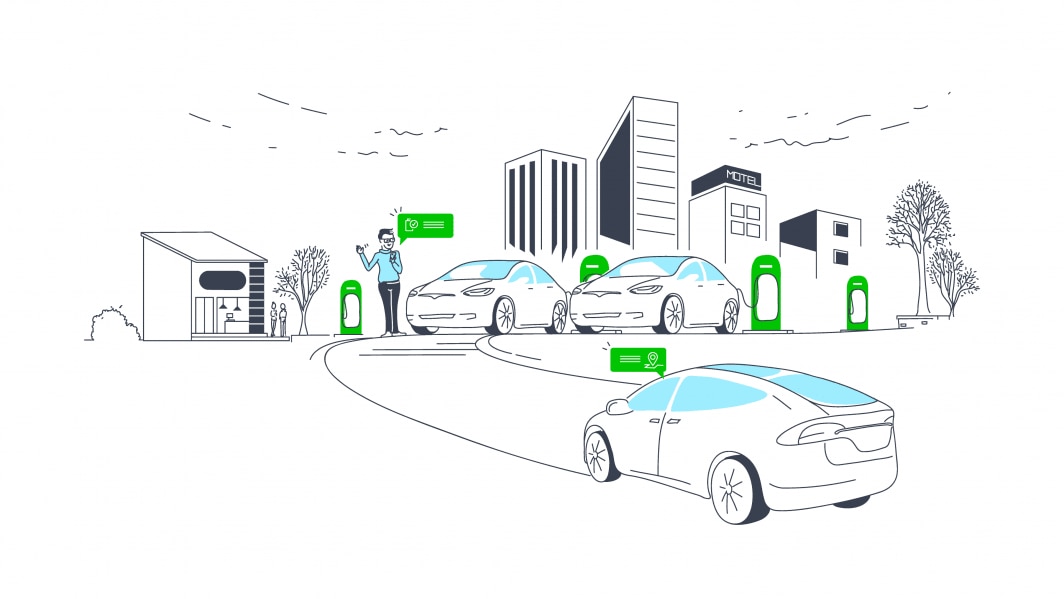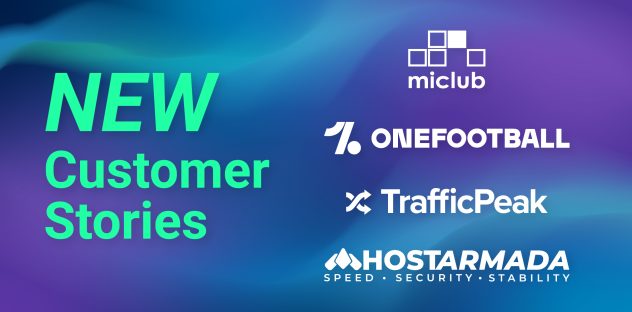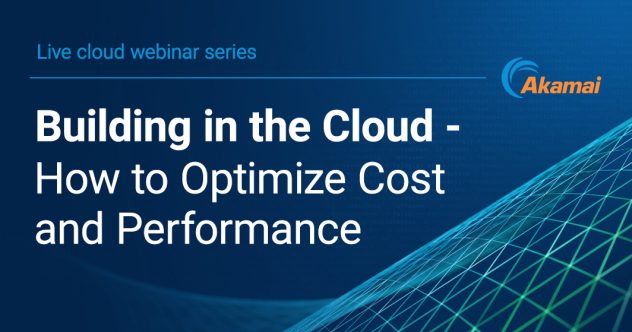Dev Mukherjee built his career on open source. He started Anomaly—a multifaceted technology company based in Australia—on the foundation of open source to deliver large-scale solutions and minimize lock-in for clients in higher education, healthcare, and local government.
Dev is an engineer. He leads a small team of experts who love pushing boundaries. When Dev started Anomaly in the early 2000s, cloud computing was in its infancy, and local options were nonexistent. So, Dev decided to build his own hosting company.
By 2019, when Linode opened its data center in Sydney, Dev had already decided to exit the hosting business. Having pioneered virtualization in Australia to run Drupal instances for his clients, Dev was intrigued at the possibilities for moving all of their hosting work to Linode.
The service and technical support Linode offered wowed him right away. “I remember setting up a kernel support ticket when I first started with Linode, and it was resolved in less than 10 minutes,” Dev recalls. “We’d never get that kind of service from AWS or GCP.” Once Linode added Docker and Kubernetes support, Dev was all in. He wanted to focus on what he and his team did best, so they stopped providing hosting services and went forward with moving everything to Linode. Fifteen years later, Anomaly is now a full application developer building everything on Linode and recommending it to customers.
“We want our customers to have control of their own infrastructure. As part of that, we encourage them to go with Linode, and almost all of our customers take that recommendation,” Dev explained. “The stack we’re running is open source and should work anywhere, but Linode is simple and honest without the proprietary pieces that the big cloud providers use to lock you in. It’s just simple to get started with the Linode setup. We’ve even moved customers from AWS and GCP to Linode.”
Green Light Beta Program Offers Early Look at Upcoming Releases
Another element of working with Linode that Dev values is the company’s beta program known as Green Light. Participating in Linode Green Light gives Dev and his team early insights into upcoming products and services.
Being an open source advocate, Dev especially enjoys providing input to and engaging directly with the Linode Product Development team to contribute his expertise in helping to prioritize features and releases. As an example, he regularly gets updates on new products like managed databases allowing him to anticipate plans for his team to build new offerings from Anomaly. They’re also able to innovate faster and more reliably because of Linode’s transparency and equal commitment to open source.

Building Solutions That Matter
Anomaly’s newest project, Relay, is an electric vehicle (EV) charging concierge for destinations. As one of the first drivers of an EV in Australia, Dev used his keen engineering mind to identify a problem and build a product to solve it.
Destination charging for EVs in Australia was behind the rest of the world. While on holiday, he found himself handing out his mobile number to other EV drivers who needed a charge when he was complete, receiving vacation disrupting texts throughout the day. He saw the strain it was putting on hospitality staff to manage the queue, and he recognized that this was a challenge that would only grow as the market shifted.
Dev knew the solution needed to be app-less, secure, and private. Understanding customers’ needs, the destination, and the EV drivers, he deployed Relay on Linode using Terraform and Linode’s APIs for automation and started building. Relay is now doing early testing with a small group of customers and taking the application towards scale. Seeing an even bigger opportunity in the US and Europe, Relay plans to leverage Linode’s data centers in those parts of the world as they target new customers abroad.
Driving Innovation
Dev has many reasons to love Linode and isn’t shy to make referrals. Linode’s predictable pricing is especially valuable in the Australian market, where competitors upcharge because of the premium expense for hardware. He likes how Linode minimizes lock-in while expanding their product offerings and enabling users to pick stacks and tools with the open source values they share.
Clear communication is another major differentiator. Dev finds Linode to be responsive, transparent, collaborative, and consistent compared to other large cloud providers. With Linode as a long-term partner, Dev continues to innovate in Australia and around the globe.





